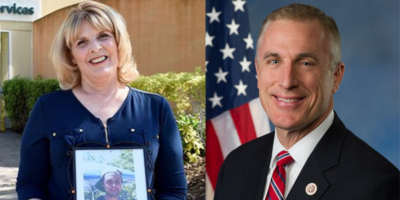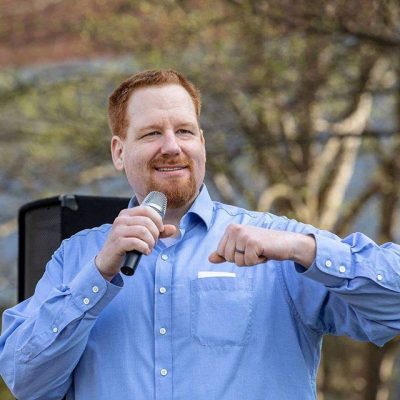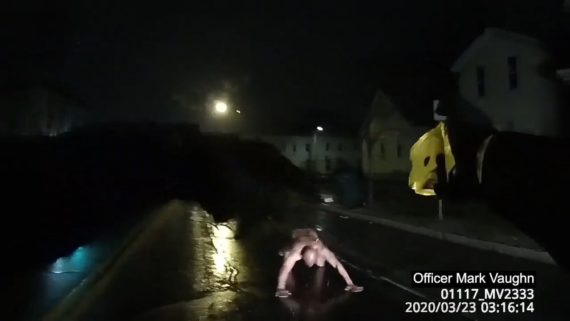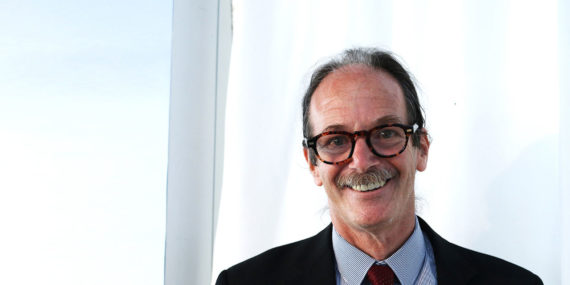&
Healing Minds NOLA – August 28, 2020 – U.S. Senator Bill Cassidy, M.D., Timothy Noonan from Spyboy Media, LLC. on Vimeo.
(9-14-20) A mother rushes her son with mental illness to a local hospital. He’s admitted because he is psychotic and considered a threat to himself or others. But when the mother calls later to check on her son, hospital officials refuse to acknowledge that he is a patient because of their interpretation of HIPAA – the Health Insurance Portability and Accountability Act.
None of us should be surprised by this mother’s plight. What makes her story different is who shared it.
U.S. Sen. Bill Cassidy, (R.-La.) cited the mother, who he described as a friend of his family’s, during an interview with advocate Janet Hays for her Healing Minds NOLA series. More about HIPAA in a moment, but first let me write more about Hays’ work.
I participated in a discussion hosted by Hays and Eric Smith with Leslie Carpenter last month about civil commitment laws. Prior to that program, Miami Dade Judge Steven Leifman and Treatment Advocacy Center’s Executive Director John Snook spoke about alternatives to incarceration. Streamlining inpatient and outpatient care was the topic of a Sept. 4th program with psychiatrists Robert Laitman and Marvin Swartz. You can find all of these programs here.
This coming Friday, Sept. 18th, at 2 p.n. EST, the topic will be the “IMD Exclusion: The 1965 Federal Rule That Crushed Psychiatric Bed Capacity,” with guests former Representative Tim Murphy (R. Pa.), the primary author of the Helping Families in Mental Health Crisis Act, and parent advocate Teresa Pasquini, who has written for my blog. 






